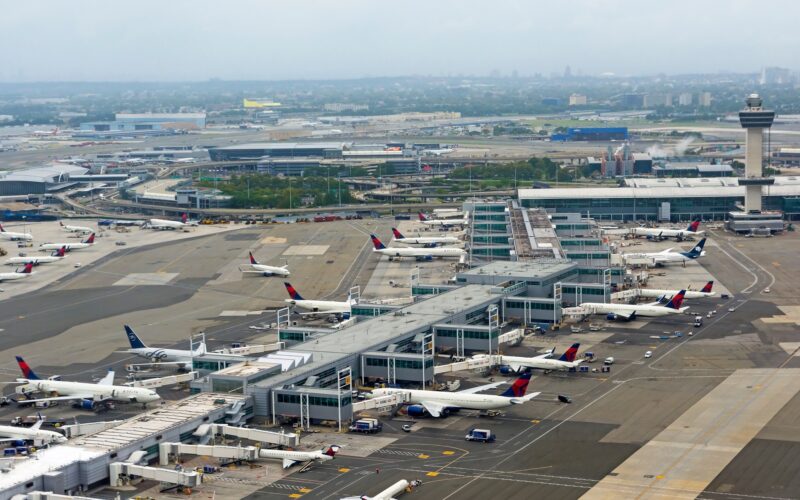The United States (US) Senate has passed a key piece of aviation legislation that will finally require planes to be equipped with 25-hour cockpit voice recorders. The legislation in question, the bipartisan Senate Federal Aviation Administration (FAA) Reauthorization Act of 2023, has now been approved by the US Senate Committee on Commerce, Science and Transportation.
The legislation, which was passed on February 8, 2024, aims to significantly strengthen safety standards in the country and respond to safety concerns over recent aviation accidents and near-misses.
In recent years, the National Transportation Safety Board (NTSB) has been urging the FAA to increase the cockpit voice recording time from two hours to 25 hours to match safety rules in Europe.
The NTSB’s investigation into the Alaska Airlines plug door blow out on January 5, 2024, has been hampered because investigators were unable to access important data due to the limited recording time.
As well as 25-hour cockpit voice recorders, the bill also addressed the shortage of air traffic controllers in the US that has been partly blamed for a spate of near-misses over the last 18 months.
“The bill mandates that the FAA implement new staffing models to close the current gap of 3,000 controllers and requires the FAA to beef up staffing to close the 20 percent shortage of FAA safety inspectors responsible for certification and production oversight,” the Senate Committee said.
✅✈️Cleared for Takeoff
— Senate Commerce, Science, Transportation Committee (@commercedems) February 8, 2024
The Senate FAA bill passed committee!
🧳Protects consumers with new refund standards, more accessibility & eliminates family seating fees
🦺Strengthens aircraft & runway safety
🛫Modernizes airports
👩✈️Expands the workforce & hires air traffic controllers pic.twitter.com/ApR2ej0KXP
At the same time, the Senators also rejected the suggestion that the pilot retirement age should rise from 65 to 67 years of age.
According to Reuters, the US House of Representatives voted in July 2023 to increase the age pilots can retire to 67. However, on February 9, 2024, the Commerce Committee voted 14-13 to reject the hike.
Elsewhere in the newly passed Act, the FAA will be required to raise the safety bar for foreign repair stations to meet US standards. It requires more deployment of surface detection technology at more large and medium-sized hub airports to prevent near-misses.
The new legislation strengthens consumer protections, setting the first-ever refund standards for passengers with non-refundable tickets when domestic flights are cancelled or delayed starting at three hours.
Henceforth, airline vouchers will need to be valid for up to five years and parents will no longer be charged extra to sit next to their children, while fines against airlines for aviation consumer protection violations will be tripled.
The Act also requires the FAA to create new standards for drones and electric air taxis so that the United States is leading the pack on new technology and creates a dedicated Office of Advanced Aviation Technology at the Department of Transportation (DOT).
“This bipartisan bill delivers improvements to aviation safety and consumer protections that Americans have been demanding,” said Senator Maria Cantwell, Chair of the Committee. “The bill will put more FAA safety inspectors on factory floors and more air traffic controllers in towers. It forces airlines to improve customer service—establishing mandatory refunds for flight disruptions and barring carriers from charging extra for families to sit together. Aviation is a key sector of the U.S. economy and supports millions of U.S. jobs. We need to make the right investments, hire the best-skilled workers and make our aviation safety system the gold standard of the world.”
Commenting on the new legislation, Senator Ted Cruz, Ranking Member of the Committee said: “This bipartisan bill will help ensure the FAA can improve at its core mission of keeping the flying public safe. With the aviation industry facing serious challenges, this legislation charts a course to address many of them while also modernizing and transforming the FAA’s operations. The legislation will also nurture innovation and nascent technology like air taxis, hypersonic planes, and unmanned aircraft.”

